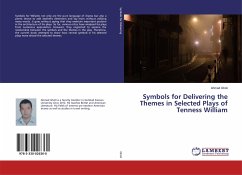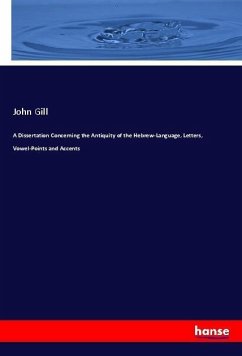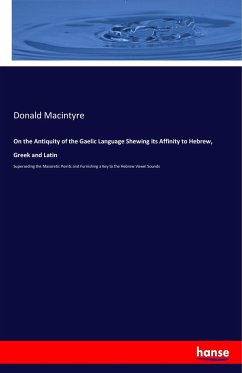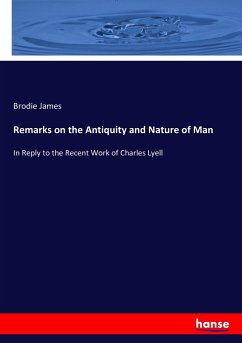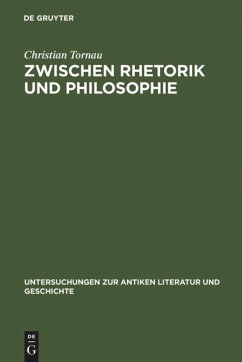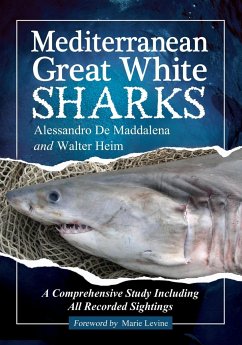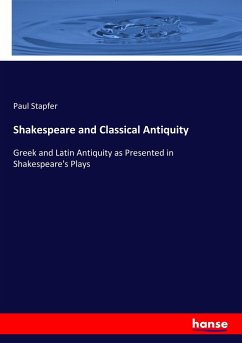
The Rose and Its Symbols in Mediterranean Antiquity
Versandkostenfrei!
Versandfertig in 2-4 Wochen
68,00 €
inkl. MwSt.

PAYBACK Punkte
0 °P sammeln!
János Géczi offers a unique approach to the history of the "journey" the rose made from his ancient homeland to "invade" the whole planet, and by explaining this long and interesting trip, he reveals the metamorphoses of the flower during this way, as well as the different meanings and customs that were attributed and connected to the rose. Beyond concrete information and the "material" modifications of the flower and its visual and verbal image in time and in space, it is also of major significance what kind of approaches and evaluations different religions beliefs attributed to the plant. ...
János Géczi offers a unique approach to the history of the "journey" the rose made from his ancient homeland to "invade" the whole planet, and by explaining this long and interesting trip, he reveals the metamorphoses of the flower during this way, as well as the different meanings and customs that were attributed and connected to the rose. Beyond concrete information and the "material" modifications of the flower and its visual and verbal image in time and in space, it is also of major significance what kind of approaches and evaluations different religions beliefs attributed to the plant. Conclusively the extreme richness how it was applied in art, in literature, and in music, refers also to the changing meaning of the flower in the history of thinking.
Dieser Artikel kann nur an eine deutsche Lieferadresse ausgeliefert werden.





